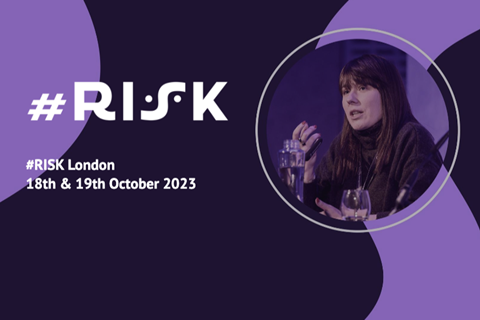For many companies, the one piece that is often missing from the puzzle is how cyber security fits into Environmental, Social and Governance (ESG). As cyber security shifts from an industry issue to a global social issue, it arguably falls under all pillars of ESG and therefore must be a core part of your strategy.
With the value of a data breach rising by 10% between 2020-2021, the global average cost to a business now sits at a huge £3.93 million. With these figures circulating and the news of data breaches hitting the media every day, it’s no surprise that companies are looking at how they can ensure their strategies are robust enough to protect them against a cyber disaster.
However, for many companies, the one piece that is often missing from the puzzle is how cyber security fits into Environmental, Social and Governance (ESG). As cyber security shifts from an industry issue to a global social issue, it arguably falls under all pillars of ESG and therefore must be a core part of your strategy. So why have just 31% of UK organisations completed a cyber risk assessment in the last 12 months?
Let’s take a look at why cyber security is a core part of ESG.
Environmental
As technology has become the interconnecting link to our global infrastructure, the risk on these systems becomes even higher. Cyber attacks are now far from just an IT issue and instead affect all industries and departments alike.
Cyber risks are now a real concern for many systems that operate some of the core environmental initiatives across the world, as an attack on these systems could have a significant impact on the wider global infrastructure. With this in mind, all businesses need to put cyber security at the top of their priority list when focusing on environmental factors and evaluate how a breach of these systems may not only affect their business, but also the worldwide infrastructure.
Social
The impacts of a cyber attack on society and the individuals in your business are huge. Thinking about how you keep the data of your employees secure can reduce the chances of identity theft, the risks to vulnerable demographics as well as any exploitation of certain groups. As Social is a main pillar of any ESG strategy, it is a business’s responsibility to focus on diversity and inclusion, but it’s also a core responsibility to look after the data of those employees.
This is even more critical if your business is in an industry that holds data of individuals outside of your organisation. For example, local government, healthcare or social services organisations are at high risk. The impact of a cyber attack can have detrimental effects on the wider societal infrastructure.
Governance
Businesses that fail to implement good governance around cyber security, using appropriate systems, tools and measures will be considerably less sustainable and resilient to cyber attacks. It is that simple.
Putting a focus on cyber security when looking at wider governance, will ensure businesses are robust and adaptable when it comes to dealing with a cyber attack or data breach. With one small business being hacked every 19 seconds in the UK, there isn’t time to put this to the bottom of the priority list.
Are you looking for a way to demonstrate your commitment to ESG principles and improve your business’s sustainability performance? Get in touch and speak to one of our experts to find out more about C2 Risk’s ESG solution.

More than an event
Our flagship event series #RISK is where the whole ‘risk’ community comes together to meet, debate, and learn, to break down silos and improve decision-making.
Technology is at the center of every core business process within modern organizations and #RISK London 2023 is a content rich Expo centred around seven key themes:
DATA PROTECTION & PRIVACY SECURITY ESG PEOPLE GRC WELLBEING FINANCIAL CRIME
At the inaugural #RISK in November 2022 we discovered that our attendees were visiting as groups and even using the event as a meeting point to catch up with colleagues from different departments
Our mission is to continue to build on the success of #RISK 2022 and provide a platform that allows organizations to address the cumulative nature of risk, unite disparate GRC specialties and create a compelling ‘deep dive’ agenda led by subject matter experts and thought leaders.





















No comments yet